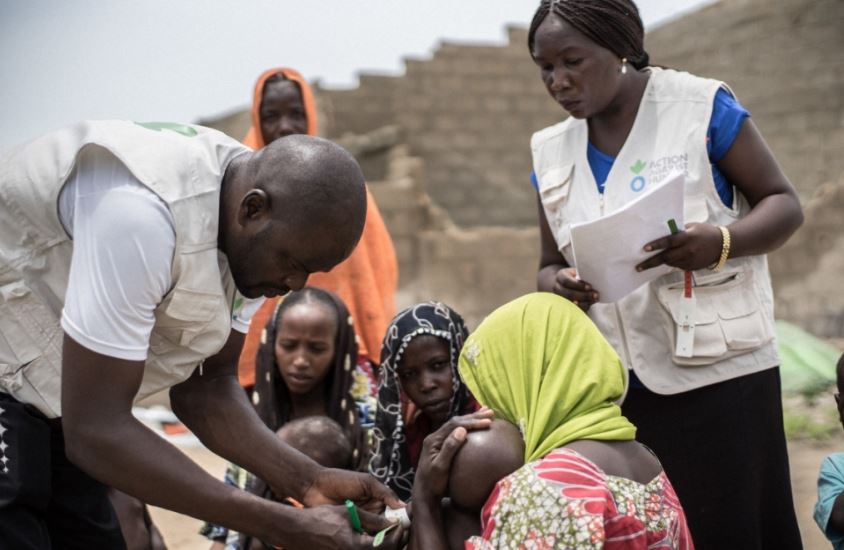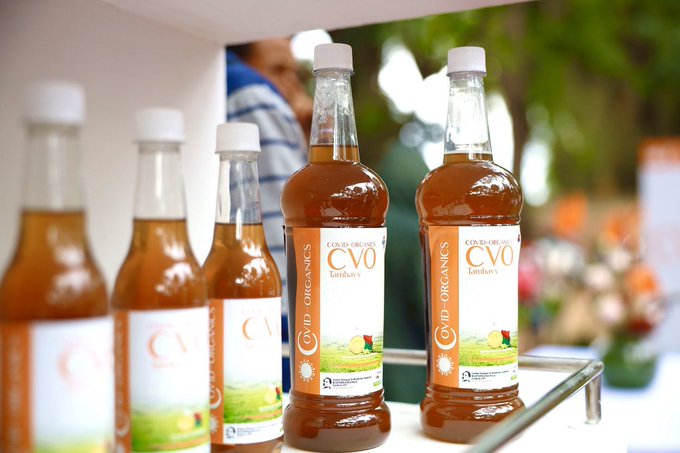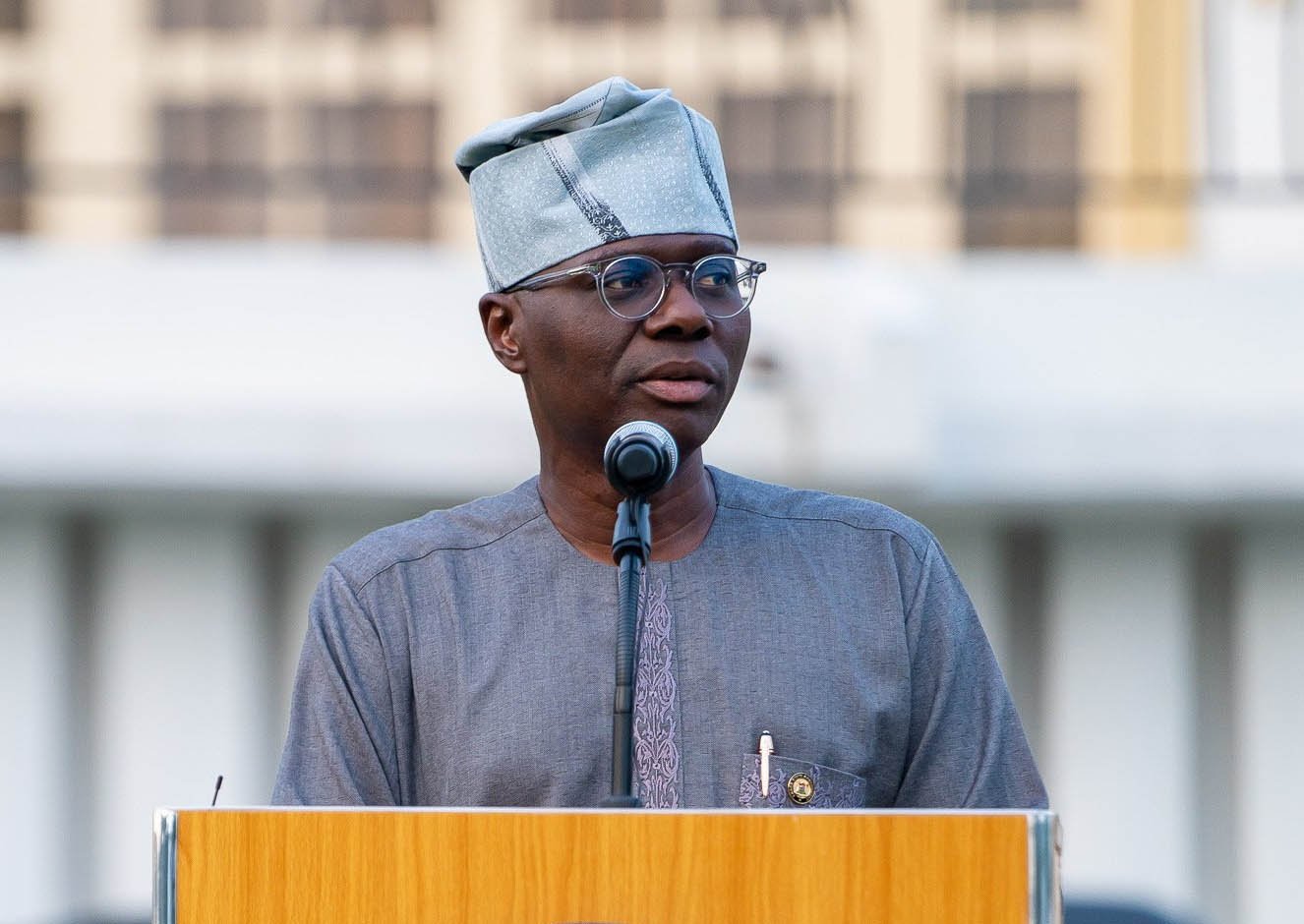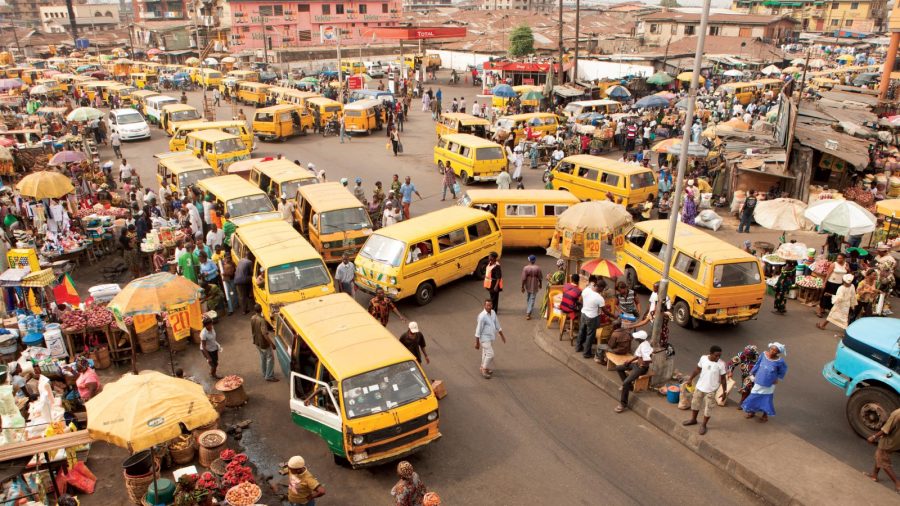In 2014, on a sunny Saturday, I was on a 20 minutes break from a first paper during a PGDE examination, and while revising for the second paper, I encountered parents of a 6 months old who didn’t want to have anything to do with her. She was hungry and crying and had been under the scorching sun for a long time in the hands of her nanny who I assumed her age to be around 9 – a child carrying another child. It was the nonstop loud agonizing cry of this baby that removed my attention from my reading to them. I couldn’t concentrate.
To my shock, neither her father nor mother wanted to have her after I had asked the nanny to take her to them. Knowing that their baby was in desperate need of food (like breast milk)and the embrace of her parents, especially her mother yet they shouted at the nanny to go away with her was unbelievable to me. And even when I decided to take their daughter to them not understanding their bizarre attitude, they ignored me for the 10 minutes I stood calling out to them to take their daughter from me. Not even her loud cries and stretching towards them could stir them. They busied themselves with selling snacks and soft drinks to my colleagues on break as me. And when the mother eventually made an attempt to get their baby, her husband – father of their child bullied her with his eyes to disregard the child and continue to sell to those that swarmed them. It took my threats to call the authorities and also yells from my colleagues to finally get him allowing his wife to attend to their little child. This happened in Abuja.
If you are introspective like me, you would have some questions along these lines:why was taking some couple of minutes from selling to get their daughter fed and calm too much of a thing to do? Why was it sort of a huge sacrifice to make for their daughter? For me, the answer to these questions can be summarised to poverty– the type I saw in broad daylight that makes you choose merchandise above your child. Though that incident was shocking and sad to me, I wasn’t unaware about the grim reality that this couple were faced with, caused by the sheer circumstance of being Nigerians. The reality that if they missed sales that day,hunger could proudly hang around them for days and up to weeks. A situation where a father and mother would deny their daughter who was in the danger of falling critically ill, or worst dying of exhaustion from long hours in the sun is one that is brutal, really. Nigeria has the notorious tag of the poorest country in the world. Reports from the World Poverty Check estimates that 102.4 million Nigerians, almost the population of Tanzania and Uganda combine dare extremely poor. However, this is not news. What is news is that in the midst of the poverty that has ravaged Nigerians for so long is a new disease in town. It is called COVID -19. And it is deadly.
This COVID-19 is a new member of the SARS and MERS family of Coronaviruses causing deaths and sorrow around the world. What started with China making declaration of cases of pneumonia in Wuhan province in late December last year and later confirming it to be a novel Coronavirus in January this year and which led to the WHO carrying out investigations and finding out that the virus can be contracted from an infected person through physical contact has infected 3.6 million people and claimed about 258 thousand lives worldwide.Worst hit countries with deaths from this Coronavirus include the US with around 74, 581, the U.K 30,000,Italy 29,684 and Spain 25,684. This is sad.These countries despite their advancement, well-equipped hospitals and top notch medical professionals are over whelmed battling the pandemic. But you have to commend their efforts on how they have provided social and economic reliefs to their most vulnerable to cushion the financial difficulties brought by COVID-19 disease and the lockdown demanded by it. In Nigeria, the palliatives from the government of Buhari for the most vulnerable among us is nothing to be proud of. There are instances where some families got only 2 mudu of rice and 1 loaf of bread which I find humiliating for them.
Advertisement
Surely,Nigeria will slip further into poverty. More Nigerians will battle serious hunger during this pandemic and even years after it has gone.The indications are vivid enough to reach this conclusion. Crude oil which is the main pulse of our economy is having a global downturn as its price have plunged. Our cargos are idling away on the sea for months now with no buyers in sight. With COVID-19, the chickens have finally come home to roost as we are now reaping the consequences of decades of bad leadership and the mismanagement of our past oil blessing. Smart nations prepare for rainy days because whether you like it or not, nature brings good and bad times. Here, our governors who often question the legality of the Sovereign Wealth Fund, would nag the federal government to share among them the negligible tiny sum (compared to other oil countries)we have managed to save to further waste on their vanity.Our politicians failed to invest in industries and infrastructure and implement policies that would have helped small and medium scale businesses to grow and invent more jobs for Nigerans with money made from when we earned really good from oil. Instead, like the foolish prodigal son who squandered his father’s money on frivolities and came home empty, they selfishly spent our collective money on their personal cravings, running the country aground. It is just wickedness. That Nigerians have not carried out a revolution against the few people – their political leaders, past and present who are responsible for why most of them wallow in abject poverty considering how blessed we have been as a country should be the 8th wonder of the world.
The rich have a lot of savings and investment to fall back on during an economic challenging time such as now. So, no doubt, ordinary Nigerians will be the ones worst hit by the hardship that COVID – 19 has heightened. For most families, food would have to be rationed. A basic calculation would look like these: those who used to comfortably afford 3 square meals a day will adjust to 2 and those who are used to having 2 square meals will make do with eating just one meal a day and compensating with plenty water. However, to pretend that there won’t be a fall out of the hunger pangs across Nigeria is insensible. People will take to crimes. This is already happening as robbery attacks and plundering came into full force fully during the lockdown, especially in parts of Lagos. Parents will deny their children bonding time to save enough time to run their business like the story I shared above. Some Nigerians will take to street begging. I have been approached by strangers for money to get food during my early morning exercise within my neighbourhood in Abuja. When one of the widows I occasionally help called me on Monday, few hours to President Buhari’s 8pm broadcast address to us, I could feel the anxiety from her voice piercing through the phone as she asked if I thought he was going to extend the lockdown after 4 weeks already. I was depressed for her and many others like her who depend on the income they make from going about their business daily. You would have to be far removed from reality to deny that the situation in the country wouldn’t get worse. As usual, the FG is begging for debt forgiveness from China, and aids and loans from international donor agencies (with IMF coming to our rescue recently) to keep its affairs running. Because we are perpetual beggars, nobody takes us serious within international relations.
But, I am not here to lament only. We must urgently more than ever invest into other sectors especially the agricultural sector to serve as a source of revenue for us. This government must do more than just talk and little work like they have been doing for 5 years, and roll up their sleeves and do the candid work required in this sector to reap the benefits. The have to show consistency in providing incentives like fertilizers, machineries and cash and to empower farmers and infrastructure such as electricity to power the machines that would enable them turn out produce on a large scale for both local consumption and export. I believe in creating industries that manufacture local goods we use every day instead of importing even a basic commodity like toothpick.
Advertisement
One thing is clear if you study how developed economies were built is their investment in industries that manufacture products for both domestic consumption and exports. They sell to their people and the rest of the world. Not much of their money is filtered away to other countries via importation, so it stays in their domain while they also make money from export sales resulting in huge economic wealth for them. This can happen for us if our leaders mitigate our consumerist dependence on foreign goods. We can enjoy the economic buoyancy and freedom first world counties have if only they will put their greed aside and selflessly use their political currency to reshape our country by diversifying an economy crumbling from over dependence on proceeds from oil business that has taken a free fall in the global market with no certainty to whether it will rise again.
Find Ogochukwu on Twitter @Ogochukwu_Paull
Views expressed by contributors are strictly personal and not of TheCable.
Add a comment







